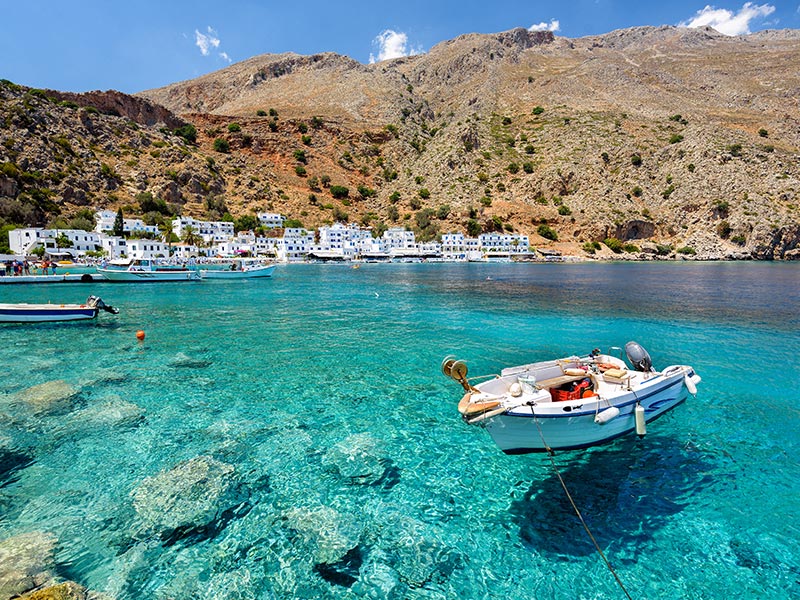The connection between ancient Crete and the legend of Atlantis has fascinated historians and scholars for centuries. The myth of Atlantis, first described by the philosopher Plato in his dialogues “Timaeus” and “Critias” around 360 BCE, tells the story of a powerful and advanced island civilization that sank into the ocean “in a single day and night of misfortune.” While the myth’s origins remain mysterious, many believe that Minoan Crete, one of the most advanced ancient civilizations, may have inspired aspects of the Atlantis story.
The Minoan civilization, which flourished on Crete from approximately 2700 to 1450 BCE, was known for its remarkable advancements in art, architecture, and trade. The Minoans built sophisticated cities, like Knossos, complete with large palaces, intricate plumbing systems, and vibrant frescoes. Their peaceful, seafaring culture dominated the Mediterranean for centuries, making them a likely candidate for inspiring Plato’s Atlantis.
A major factor linking Crete to Atlantis is the Thera eruption (modern-day Santorini) around 1600 BCE. This massive volcanic eruption devastated the nearby Minoan civilization, causing tsunamis and possibly contributing to the civilization’s decline. The sudden destruction of an advanced, island-based culture by a natural disaster fits Plato’s description of Atlantis’s catastrophic end.
While there’s no concrete evidence proving that Atlantis was real or that it was based on Crete, the parallels between the Minoan civilization’s sudden decline and Plato’s story are striking. Over time, the legend of Atlantis may have grown, combining elements of various ancient cultures and catastrophes into one enduring myth. Today, the Minoan-Atlantis connection remains a popular theory among those intrigued by ancient history and mythology.
Related Articles
The History of Elevators—Lifting the World to New Heights
Elevators have been around for thousands of years—even the ancient Romans had pulley-based lifts. But the invention of the safety elevator in 1852 by Elisha Otis revolutionized modern cities. Otis’...
The Origins of Popcorn—A Snack with Ancient Roots
Popcorn has been popping up in history for thousands of years! The oldest popcorn ever discovered—over 5,600 years old—was found in a cave in New Mexico, proving that ancient civilizations enjoyed...
The Science of Fireflies—Nature’s Living Lanterns
Fireflies, also known as lightning bugs, are one of nature’s most magical sights. But their glow isn’t just for show—it’s a complex form of bioluminescence used for communication. Inside a firefly’s...





